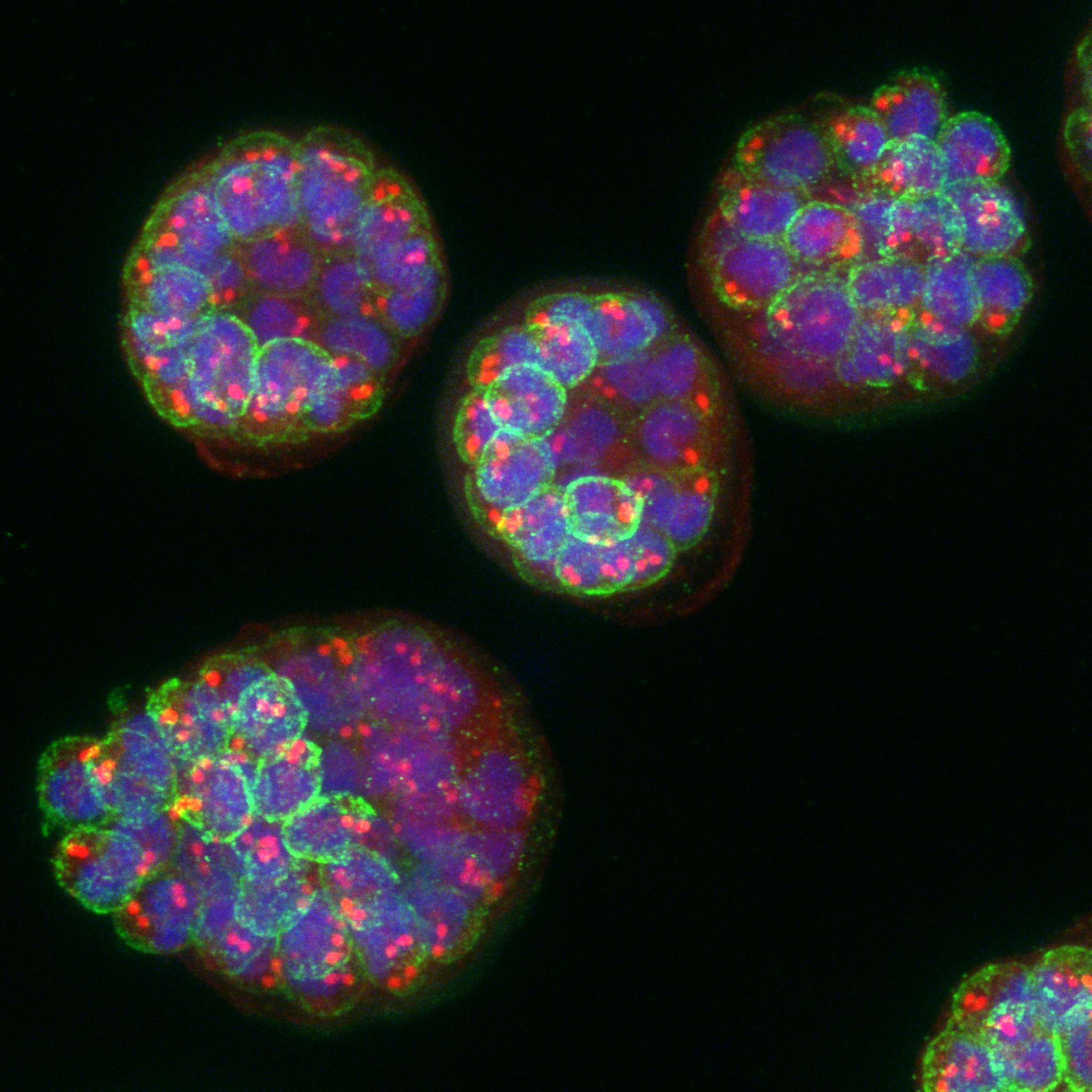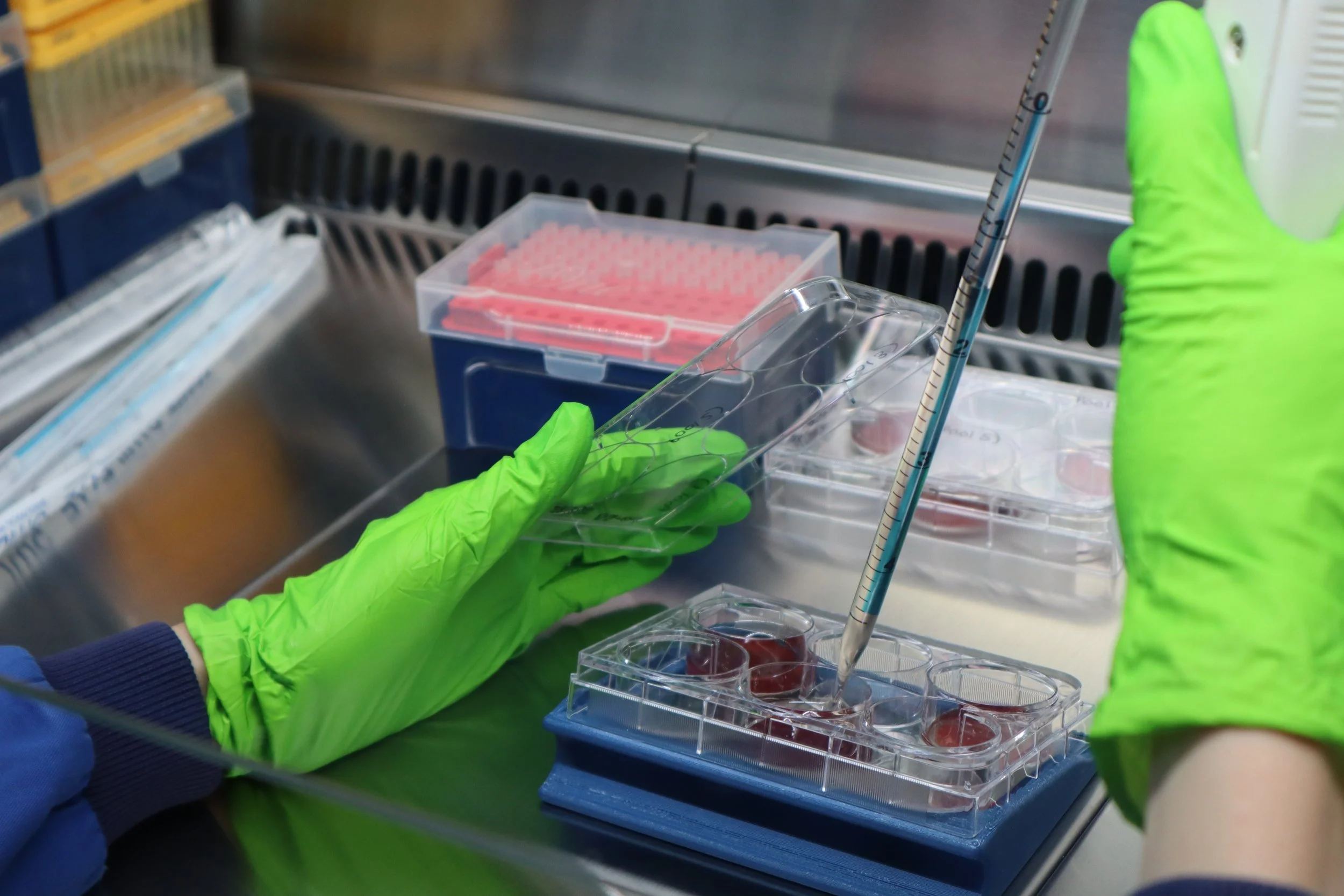
Cambridge Institute for Medical Research
The molecular mechanisms of malaria infection
Our lab, led by Prof Julian Rayner, is based at the Cambridge Institute for Medical Research in Cambridge, UK. We explore the molecular interactions between Plasmodium parasites and human cells, in order to identify and prioritise new drug and vaccine targets.



Expansion microscopy on Plasmodium falciparum schizonts, by Alison Kemp
Our research
Malaria is a life-threatening disease caused by Plasmodium parasites, affecting millions of people each year and disproportionately impacting vulnerable populations in low-income countries. Our research aims to unravel exactly how these parasites infect human red blood cells. Proteins involved in this process could form a basis for new vaccines. Another research focus involves studying the parasites’ genetic makeup which may reveal potential vulnerabilities that could be targeted by drugs, paving the way for more effective treatments.
Our Team
Our lab is home to a dynamic and diverse team of researchers at various stages of their careers. We aim to create a collaborative, inclusive, and open-minded environment that encourages continuous learning and personal growth. We value teamwork, integrity and inclusivity, while we are also committed to producing high quality research to better understand the malaria parasite.



